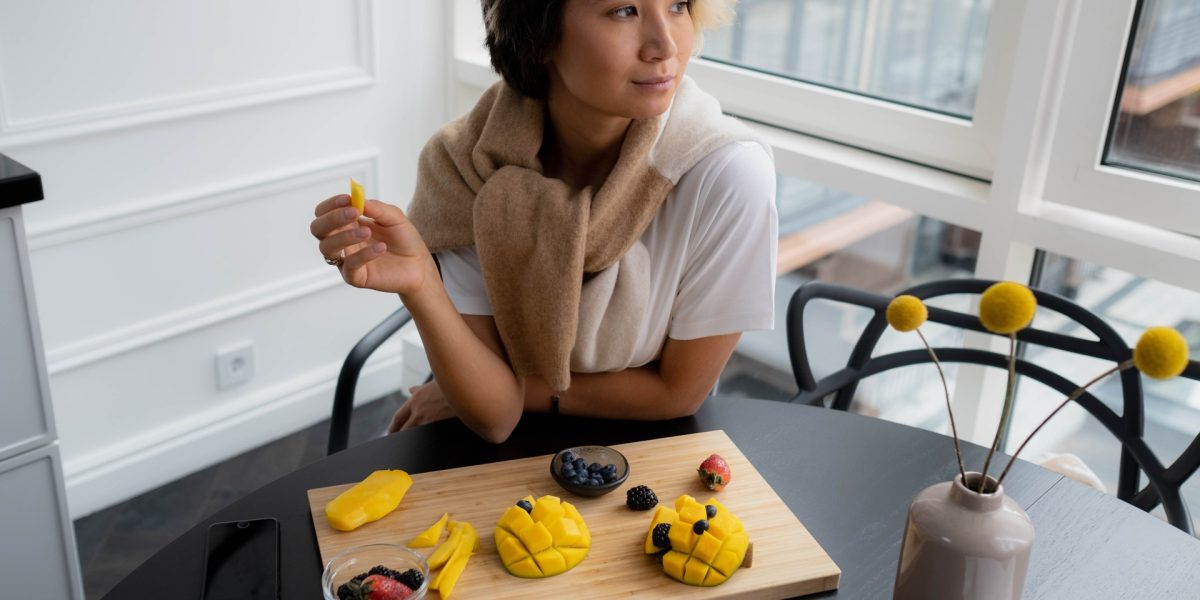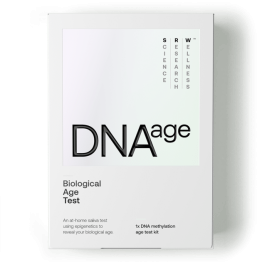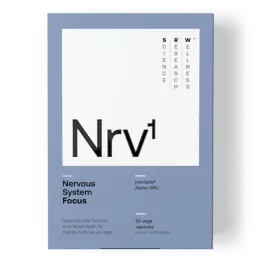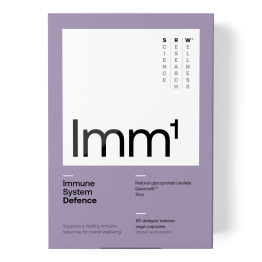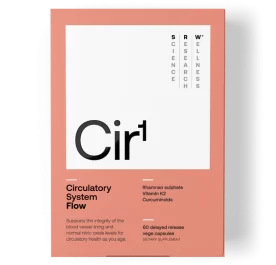The Ten Commandments For Ageing Gracefully & Successfully
These days, everyone wants to age well and live longer, but the World Health Organisation told us a few years ago that although people are living longer, their quality of life remains poor. As people age, they start to use their nutrients and ability to absorb them from their gut. Eventually, they lose hormones, which are important for many functions around the body and for prevention of illness. There is a gradual decline towards chronic illnesses that then ruin your quality of life and ultimately may kill you.
The problems that are caused by this include pain, fatigue, sleep problems, anxiety, depression, mental health illness, memory problems and hormone problems. These lead to metabolic syndrome and diabetes, heart disease, cancer, frailty syndrome of older people, Alzheimer’s disease, osteoporosis and other diseases.
The way to deal with this is not to watch someone worsen as they age and give them more drugs, but to identify early any deficiencies and potential problems in the future, and act to protect health by correcting deficiencies, which will then optimise a person’s health.
Here are my top 11 tips list of what to do to age well and successfully:
- Clean up your environment. I don’t mean tidy up the garden or sweep the patio. I mean have a look at what you are putting on your skin in the bathroom and in your dressing room. What are you washing the dishes with and what are you eating? We know now that we have more chemicals than we ever have had in our environment. We also know that when people switch to organic food, their pesticide residues reduce. In some cases, pesticides can slow your thyroid down.
- Be in bed and asleep by 10:30pm. Many people don’t get enough sleep or they do but they go to bed after being bathed in a lot of blue light, which suppresses your natural melatonin. Melatonin is made by the brain in response to darkness if you are asleep by 10:30pm. Have you noticed that your sleep is more refreshing when you go to bed earlier? The trick is to go to bed at a good time and get seven to nine hours of sleep. If you like watching screens, then you could buy blue blocking glasses and/or download software called F.lux that takes the blue out of your screen or device (this does not apply to televisions).
- Exercise. We all know the benefits of exercise, including oxygenating the tissues, reducing stress, and helping muscle and bone, along with mental health and many other benefits.
- Have the right diet for you. This must be a highly plant-based diet similar to a Mediterranean diet. Avoid deep-fried foods and high animal fats. Most people do better without gluten. If you have allergy problems like asthma, eczema and hay fever or sinus problems, then you should consider avoiding milk-based products. There are some people who tend to have allergy and autoimmunity in their family, who might do better avoiding histamine/salicylates in their diet. You can Google this and find out more.
- Manage your stress. Think about the way you think and do some form of regular relaxation, meditation or prayer type activity that calms your body down. This will help you feel better, less anxious, sleep better and will also enhance your performance at work and at home.
- Keep a good work/life balance and pace your work when you are at work. Have adequate rest and recreation because overwork has been found to increase disease and death, especially in Asian countries where overwork is part of the culture. It is important for you to take three good breaks during a normal working day and you will find that this leads to you going home feeling refreshed rather than tired. Make sure you don’t overwork and put in time for yourself for recreation.
- Healthy lifestyle behaviours. By this, I mean avoid excessive drinking of alcohol, taking drugs and driving safely. Once you start one healthy lifestyle behaviour, you will find it easier to bring in the next lifestyle behaviour. So, don’t try doing it all at once. Perhaps improve your diet first and then, when this has been the case for three to four weeks, you can tackle the alcohol or the smoking next.
- Everyone should take a good multivitamin, some fish oil and some vitamin C. I think that this is the minimum to help people with everyday life because they don’t always get everything they need out of their diet. After all, who has a perfect diet every day? And how long have the vegetables been sitting in the refrigerator?
- Work with your family doctor to identify and correct any nutritional deficiencies. These will include zinc, copper, iron, B vitamins and vitamin D. Some of these blood tests require you to pay for them but it is a good investment, particularly if a serious deficiency is identified that, if corrected, could make a real difference to your health. Additional supplementation can be considered. It is always a good idea to consider a regular probiotic, especially if you have bowel issues and if you have autoimmune diseases like rheumatoid arthritis or lupus. In addition, if you are under a lot of stress, you may need to top up your B vitamins with B complex but make sure it contains methylated folic acid because this is better for your biochemistry.
- Stress herbs can be useful. If you are under a particular amount of stress and are not coping, you can buy stress herbs online or at the shops that may include Siberian ginseng, Ashwagandha, Rhodiola, Korean ginseng, etc. These can be very helpful for energy, endurance and enhancing performance.
- As you are getting older, it can become more obvious that you need to balance your hormones. For some women, this can be even in their 20s when they may need progesterone to help them with premenstrual symptoms and unnecessary anxiety and irritability. As men and women get older, they lose their hormones and correcting them with an experienced doctor can be quite helpful for quality of life, memory and resilience.
So now you have my top 11 tips for healthy ageing, there are no excuses against starting one at a time starting from now.
